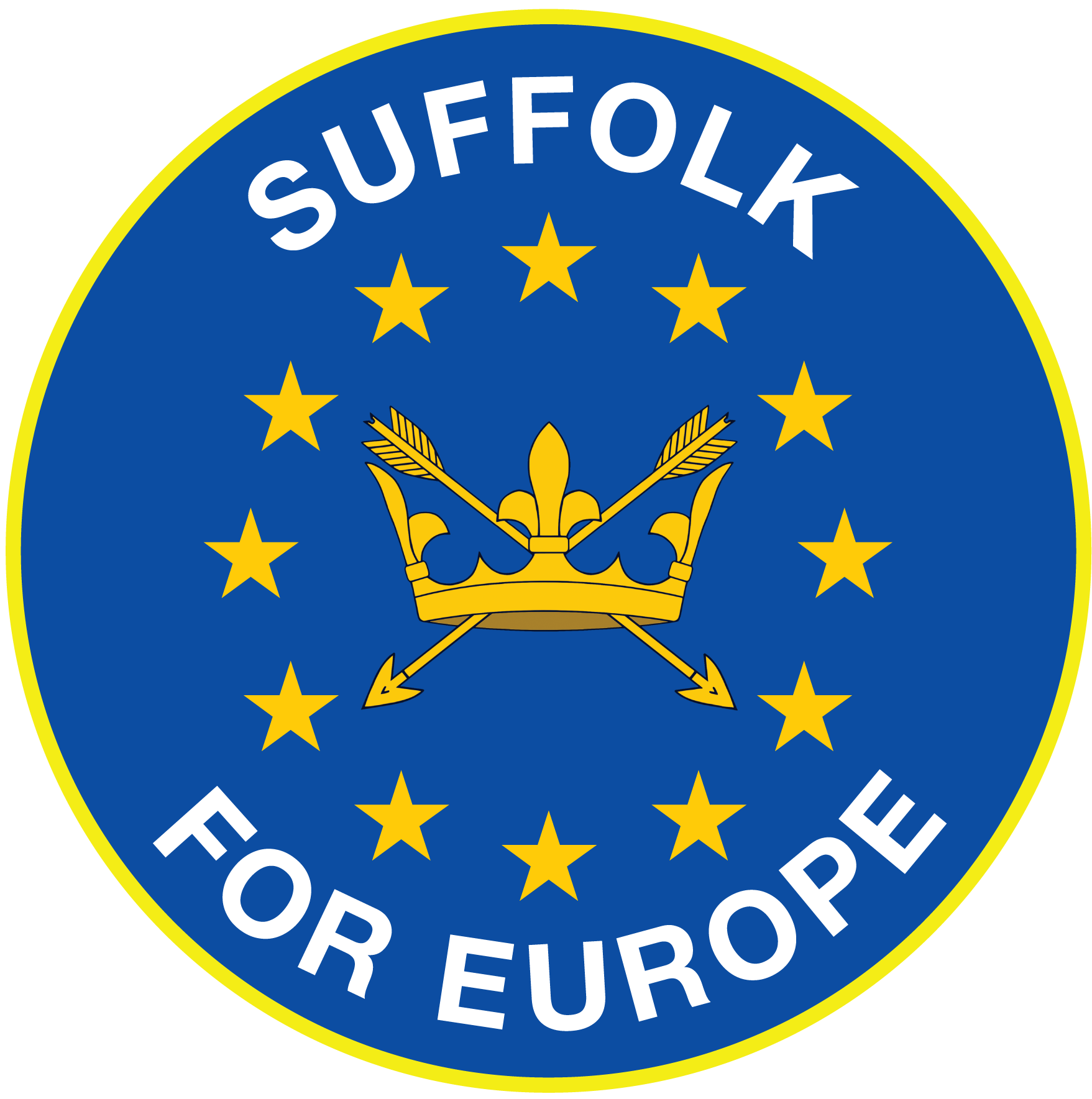What Would Our Ancestors Make of Us?
by Richard Hare
In the letter, ‘No half In, Half Out option for Brexit’ (October 26), M Wren makes a link between the two world wars and Brexit, although he/she fudges what exactly is the point being made. If it’s ‘we didn’t fight two world wars to be governed by Europeans’, then I suggest that this viewpoint will make those who suffered during the wars weep in their graves.
Like many of us who have grandparents and great uncles who made the supreme sacrifice during the First World War, I have an uncle who enlisted (voluntarily) in 1914, was bloodied on the first day of the Somme (1916) and was killed defending Arras during Germany’s final onslaught (operation Michael) in March 1918. He was 23 and studying to become an architect.
The idea expressed by some that my uncle and thousands like him would have actually preferred their Europe – a region of fiercely independent nations, led mostly by trigger-happy lunatics who wanted nothing less than to hog each other’s territory, to the Europe that I have had the good fortune to have benefited from, is indefensible. Those men would have envied our peace and prosperity. They would have been incredulous at our international co-operation, our working together, our freedoms. And why wouldn’t they? They might have dared to think that their sacrifice was worth it.
As Europe once again teeters under the threat of fragmentation, I am saddened to find my own country in the vanguard of this horrible, simplistic and self-centred movement. Recent history has shown us where it leads, and the evidence of our trajectory is rolling out on a day to day basis.
Towards the end of 1917 post the Battle of Ypres and Passchendaele, many of our troops, their nervous systems imploded and their bodies burned and broken from months and years of battle, believed that the war would drag on for a further 30 years. We can scarcely imagine the effect this would have had on their morale and ability to continue the fight. And they weren’t wrong in this assertion – with Europe continuing as fragmented states post-first World War, each fighting their own corner, each with their own agendas, hostilities resumed just 21 year later.
Compare that to the world we have known and benefited from for the past 70-odd years since 1945, this being after we had learned the important lesson of coming together.
I will be standing at the Woodbridge war memorial on November 11 when the canon fires. I usually do.
